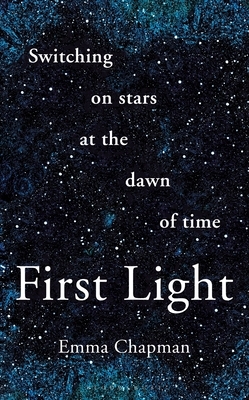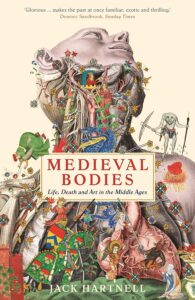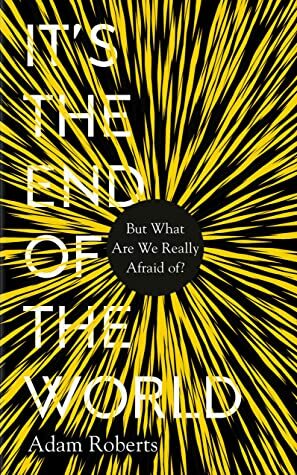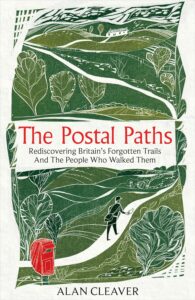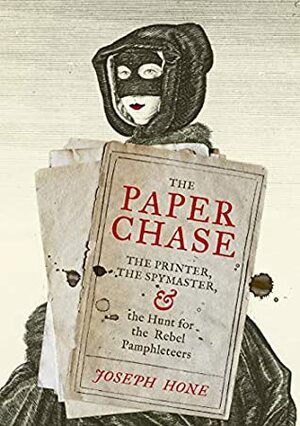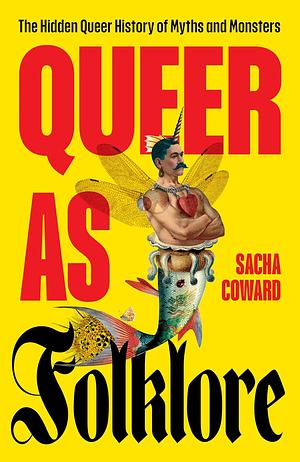
Queer as Folklore
by Sacha Coward
Genres: Non-fictionPages: 346
Rating:

Synopsis:Queer as Folklore takes readers across centuries and continents to reveal the unsung heroes and villains of storytelling, magic and fantasy. Featuring images from archives, galleries and museums around the world, each chapter investigates the queer history of different mythic and folkloric characters, both old and new.
Leaving no headstone unturned, Sacha Coward will take you on a wild ride through the night from ancient Greece to the main stage of RuPaul's Drag Race, visiting cross-dressing pirates, radical fairies and the graves of the 'queerly departed' along the way. Queer communities have often sought refuge in the shadows, found kinship in the in-between and created safe spaces in underworlds; but these forgotten narratives tell stories of remarkable resilience that deserve to be heard.
Join any Pride march and you are likely to see a glorious display of papier-mâché unicorn heads trailing sequins, drag queens wearing mermaid tails and more fairy wings than you can shake a trident at. But these are not just accessories: they are queer symbols with historic roots.
To truly understand who queer people are today, we must confront the twisted tales of the past and Queer as Folklore is a celebration of queer history like you've never seen it before.
Then loud spoke Thrym, the giants’ leader:
‘Who ever saw bride more keenly bite?
I ne’er saw bride with a broader bite,
Nor a maiden who drank more mead than this!’
Thrym looked ‘neath the veil, for he longed to kiss,
But back he leaped the length of the hall:
‘Why are so fearful the eyes of Freyja?
Fire, methinks, from her eyes burns forth.’
And then announces, with absolutely no further evidence:
It is this comedic sequence of questioning Thor’s appearance while in drag that seems to have inspired the most famous part of ‘Little Red Riding Hood’. Red Riding Hood famously says to the wolf, who is disguised as her grandmother, what big teeth she has, and what big eyes she has.
On what evidence, other than the questions being vaguely similar? Did Perrault know the Poetic Edda? Where is the evidence that these things have a direct connection? If it “seems to have inspired” ‘Little Red Riding Hood’, you’re going to need to provide some additional evidence backing that.
There are also some basic errors of fact, when he states that Carmilla (1872) was written before Polidori’s The Vampyre (1819). He talks about Carmilla, then Coleridge’s ‘Christabel’, and then immediately goes on to:
… both these depictions of female vampires predate Dracula, Nosferatu and even Polidori’s ‘Vampyre’ by a number of years.
No. No, not they don’t. ‘Christabel’ (1797) does predate Polidori (1819), but Carmilla (1872) does not. This is apparent through an extremely basic understanding of the flow of time: 1819 comes before 1872.
Either someone messed up his facts, or he failed to catch this glaring issue in any editing pass, and didn’t have an editor to notice it either. That’s… worrying.
There are some references and a bibliography, so it’s not as though this is so focused on a popular audience that it doesn’t seem necessary to provide citations and evidence to back up a claim, and even being focused on a popular audience wouldn’t excuse blatant errors.
Unfortunately, not one I can recommend, though I found it readable and — until I started feeling uncomfortable about his omission of any kind of evidence or sources for some of his assertions — entertaining.




